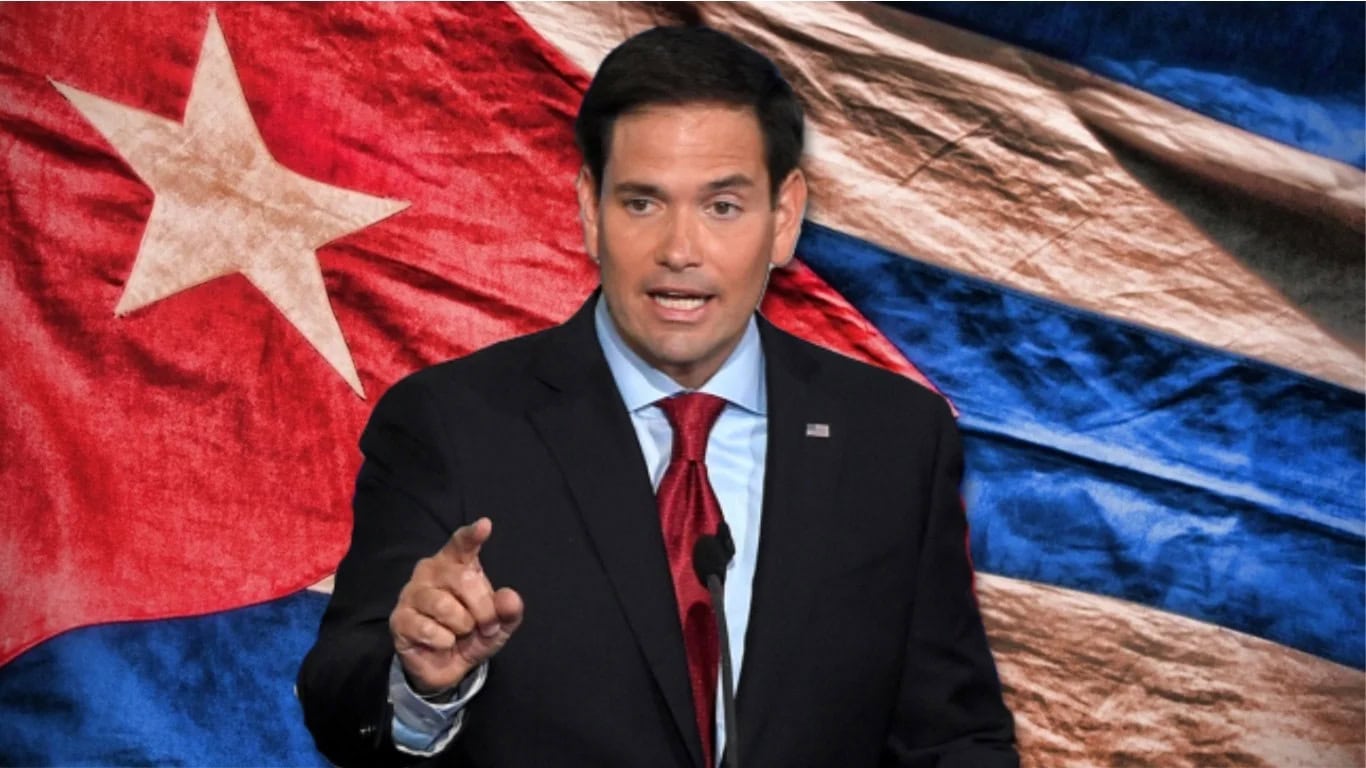The US State Department has once again included Cuba on its list — drawn up unilaterally — of countries that, according to Washington, “do not fully cooperate with counterterrorism efforts.” The measure by the current Secretary of State, Marco Rubio, reverses a decision by the Joe Biden administration, which had removed the island from the list last year.
At that time, after consultations with specialized agencies of the US government itself, it was concluded that there was no evidence to support the claim that Cuba did not collaborate in the fight against terrorism.
The US State Department does not have an international mandate to draw up this list, which is produced annually and presented to the US Congress. The Arms Export Control Act prohibits the sale of weapons to the countries included.
Although Cuba’s inclusion or exclusion from this list does not have an immediate effect—since the island has not maintained military relations with the United States or acquired weapons from the country since the Cuban Revolution—its presence in the document serves as a pretext for Washington to justify imposing sanctions against the Caribbean nation.
Although related, this is a separate list from that of “state sponsors of terrorism,” a classification used directly by Washington to apply sanctions.
Maximum pressure and economic warfare
The Cuban government criticized the decision. In an official statement, the Ministry of Foreign Affairs stated that Cuba’s inclusion “is not based on concrete evidence.” It accused Washington of “once again transforming the fight against international terrorism into a unilateral political exercise against countries that do not submit to its hegemonic interests.”
Havana considers the measure to be part of the strategy of “maximum pressure and economic warfare” maintained by the United States against Cuba.
“Their promoters are fully aware of the harm they cause to the Cuban population and the intimidating effect they have on any state linked to terrorism — regardless of the truth of the facts,” the note concludes.
Cuban Deputy Foreign Minister Carlos Fernández de Cossío, in turn, held the United States directly responsible.
“It is the United States that refuses to cooperate with Cuba and other countries in the fight against terrorism — which is understandable, given the history of complicity and participation of US government agencies in terrorist actions, which is amply documented.”
Unilateral measures without international support
In November 2024, the UN General Assembly approved, for the 32nd consecutive year, a resolution demanding the end of the economic, commercial, and financial embargo imposed by the United States on Cuba. The measure was approved by an overwhelming majority: 187 countries voted in favor of Cuba’s proposal, with only one abstention (Moldova) and the usual two votes against—the United States and Israel.
During the debate, independent experts from the UN human rights system presented a report in which they highlighted the need for the US to remove Cuba from the list of state sponsors of terrorism. They stated that this is an urgent measure, especially given the current economic and humanitarian challenges the Caribbean country faces.
By designating Cuba as an alleged “state sponsor of terrorism” — a decision taken in 2021, during Donald Trump’s first administration — Washington deepened the restrictions imposed on the island, which has been under a blockade established by the United States for 63 years.
According to calculations presented to the UN, between March 1, 2023, and February 29, 2024, alone, the blockade caused an estimated loss of US$5.5 billion (R$31 billion), which represents a loss of more than US$421 million (R$2.4 billion).
Source: www.brasildefato.com
Post navigation
